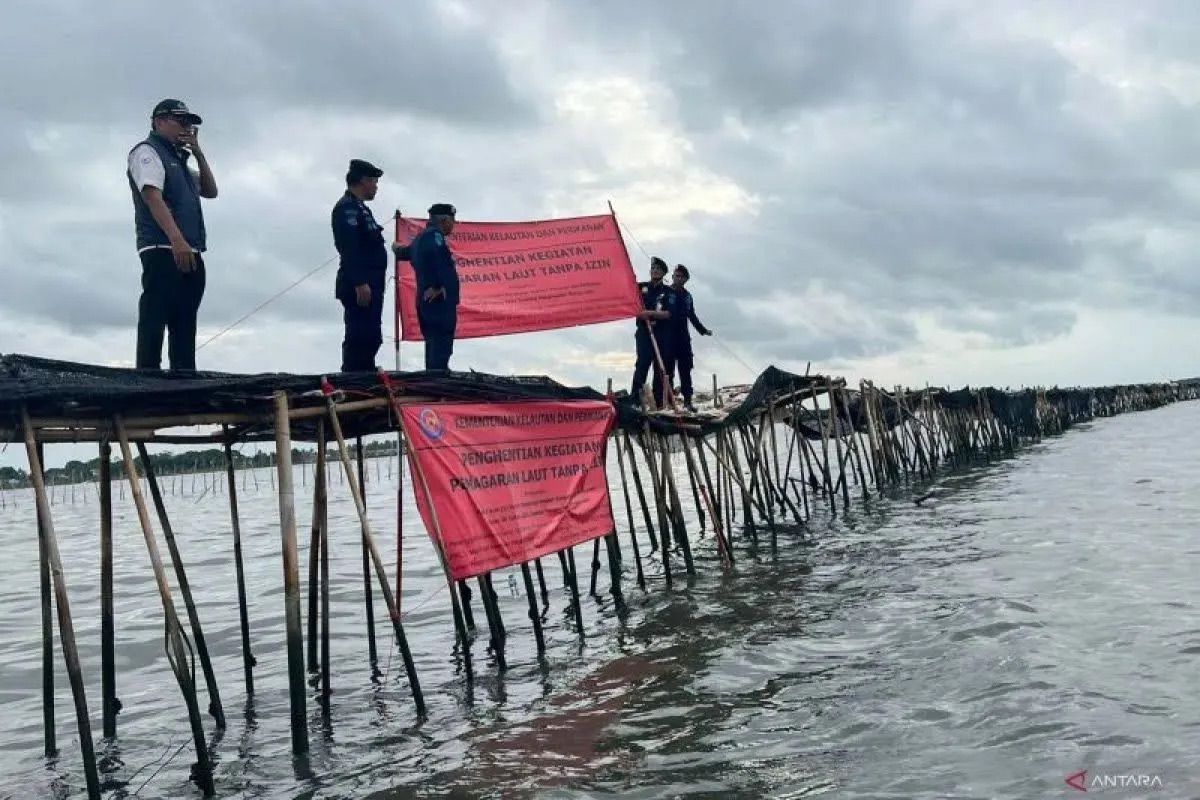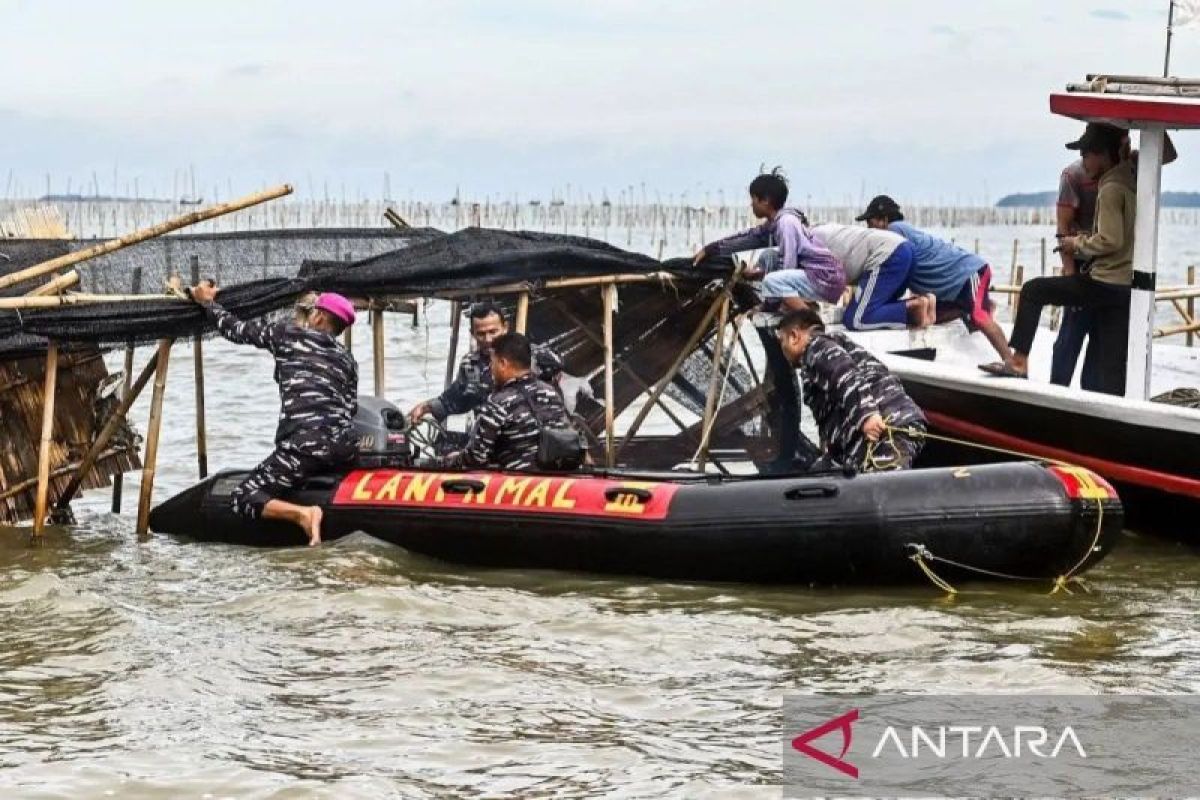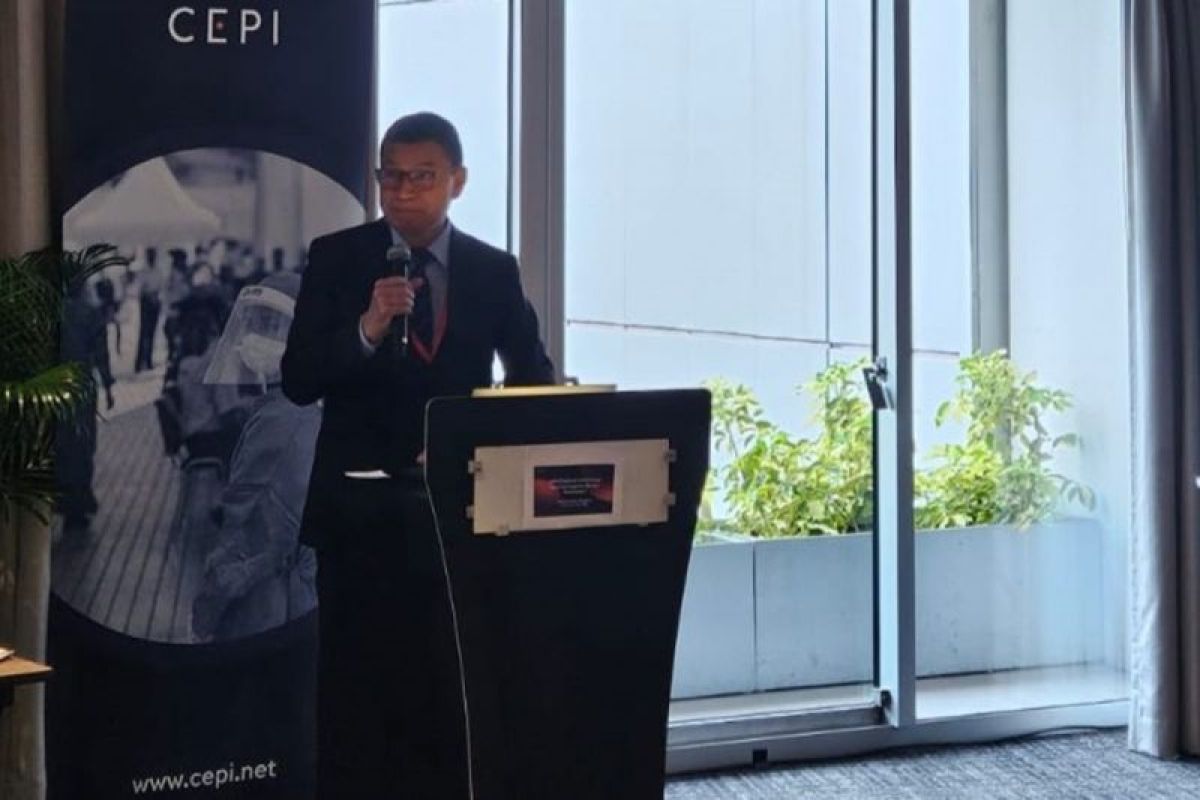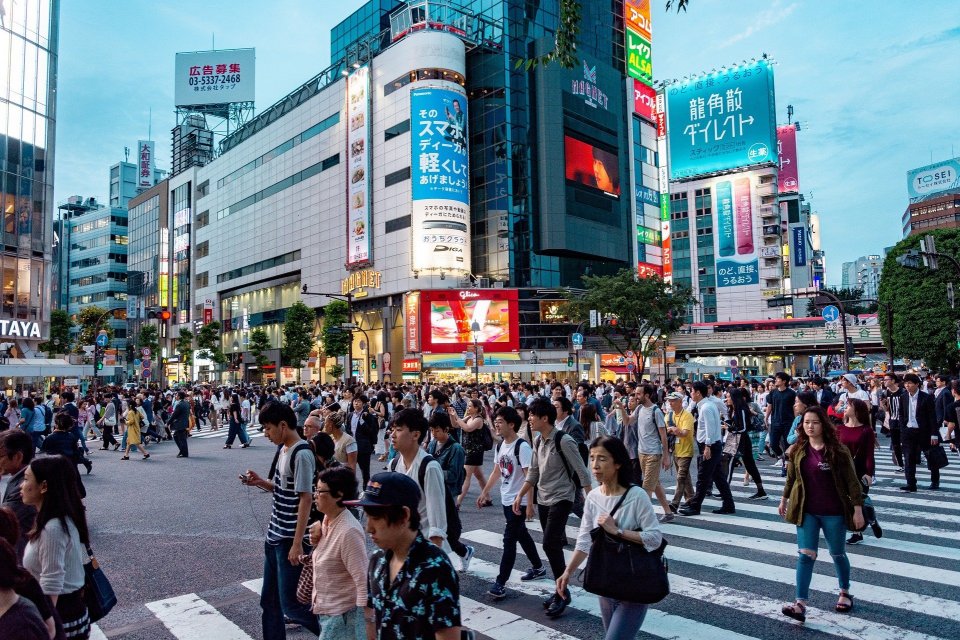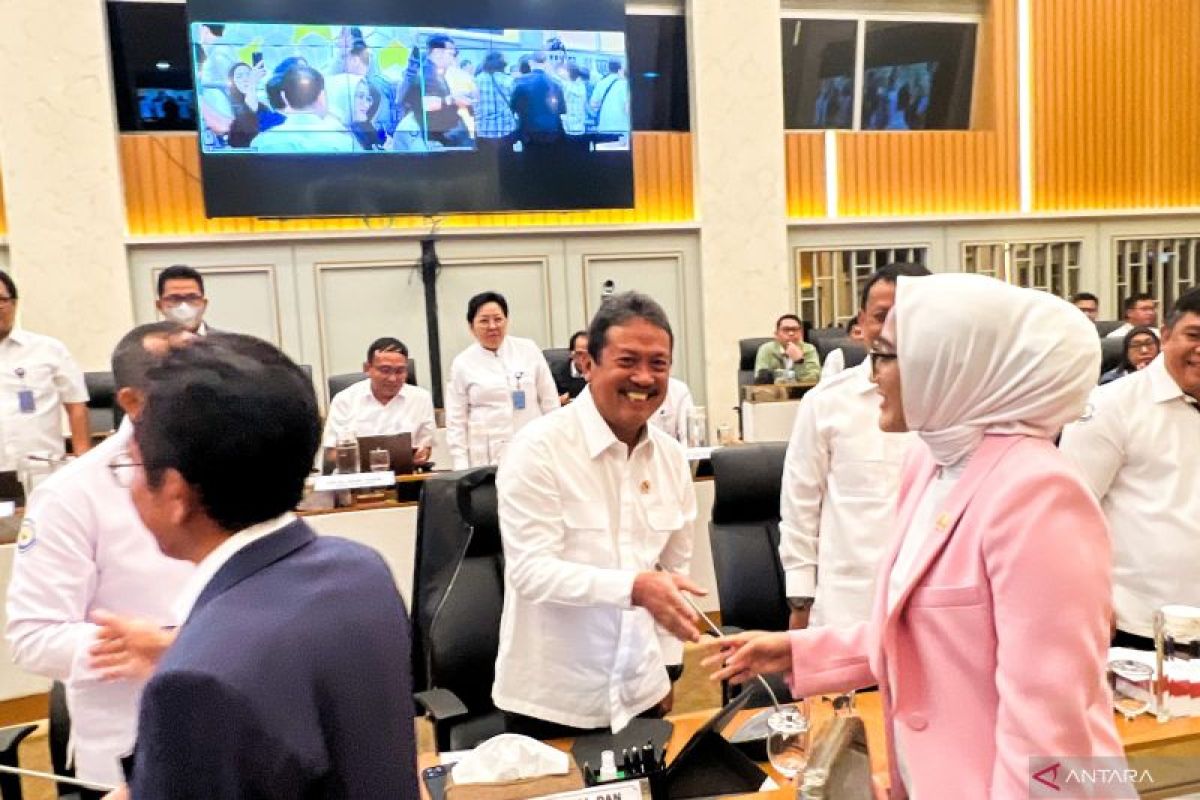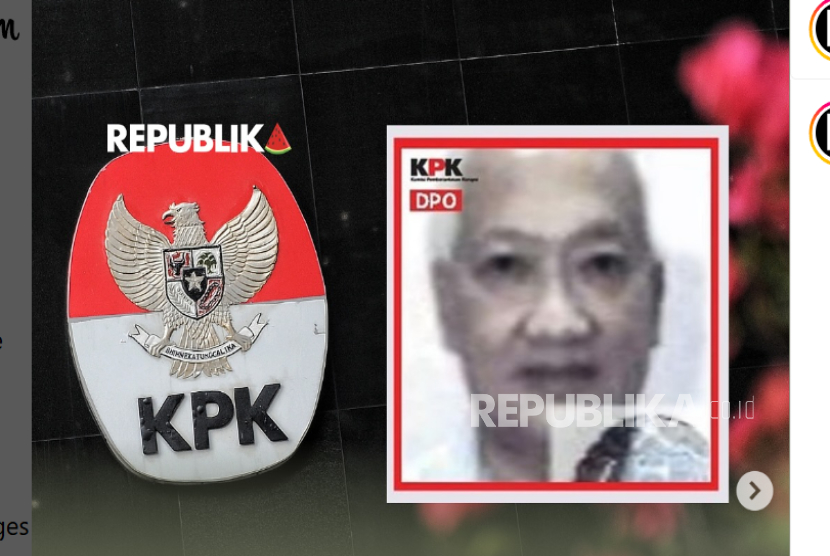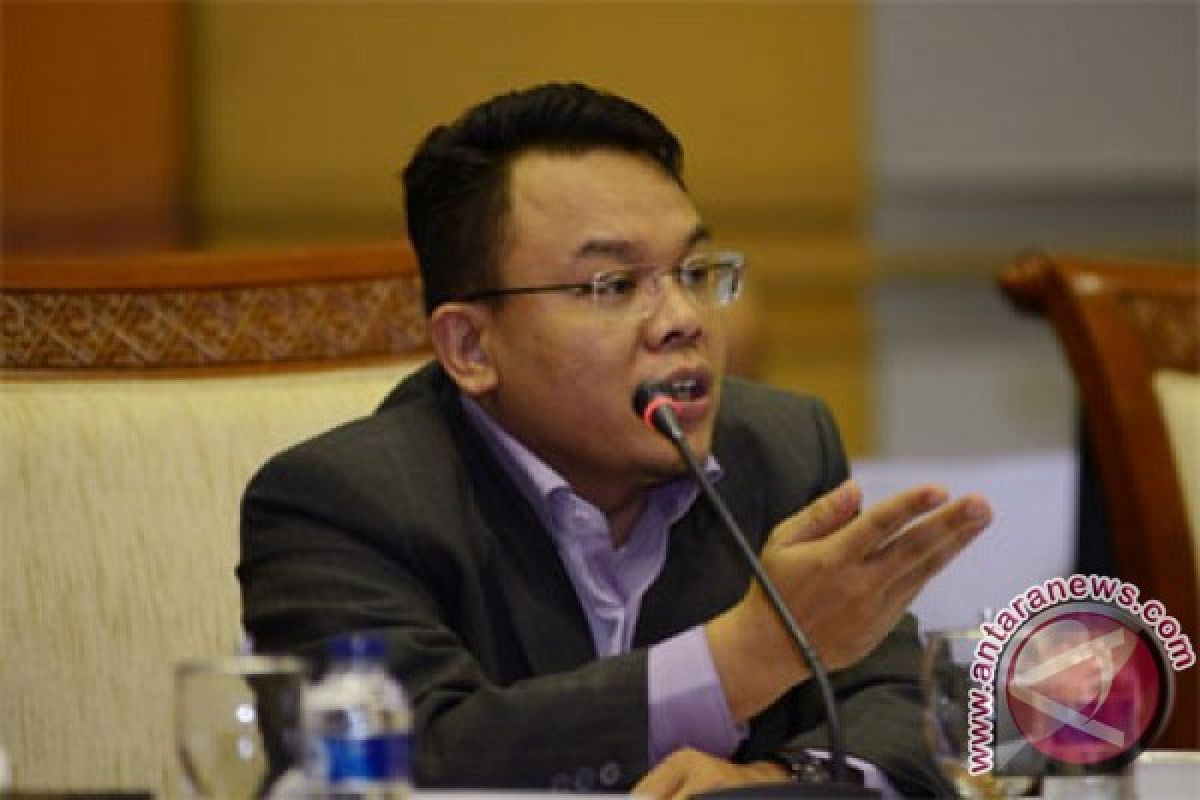Mari Elka Pangestu: The 8 Percent Growth Target Is Hard to Achieve Without Increased Investments
Deputy Chair of the National Economic Council Mari Elka Pangestu explains Prabowo's economic policies and the 8 percent economic growth target.

TEMPO.CO, Jakarta - For a decade, has been distanced from Indonesia’s government and bureaucracy. Her last position in the government was as Tourism and Creative Economy Minister during the era of President Susilo Bambang Yudhoyono in 2014. For three years, since 2020, Mari has been based in Washington, D.C., serving as the Managing Director at the World Bank.
When the administration began on October 20, 2024, Mari returned to closer proximity to power. Prabowo gave her two significant tasks. First, the former Trade Minister was appointed as the Special Presidential Envoy for International Trade and Multilateral Cooperation. She was sworn in on Tuesday, October 22, 2024, at the State Palace in Jakarta.
Two weeks later, on Tuesday, November 5, 2024, Mari was once again called to the Palace. The economics PhD graduate from the University of California, Davis, United States, was appointed by Prabowo as the Deputy Chair of the (DEN). Mari, 68, will work alongside Luhut Binsar Pandjaitan, the former Coordinating Minister for Maritime Affairs and Investment, who was appointed as the head of the government's economic policy advisory agency.
According to Mari, the members of the DEN have a routine schedule to discuss matters with President Prabowo. They also send regular economic updates and analyses to the President’s office. “We can call and send messages if there are specific issues we need to convey,” she said.
As economic advisors to the President, Mari and her DEN colleagues face a challenging task. Prabowo has set an 8 percent economic growth target during his administration. According to Mari, the government must closely monitor public purchasing power and the number of the middle class, which is currently on the decline, if it wants to achieve higher economic growth. “Purchasing power and the number of the middle class are crucial to maintain if we want to reach higher growth levels,” she said.
For nearly an hour, Mari spoke with Tempo journalists Praga Utama and Yosea Arga Pramudita, who interviewed her at the DEN office, which is still part of the office where Luhut worked when he was the Coordinating Minister for Maritime Affairs, located on Jalan M.H. Thamrin, Central Jakarta. Mari was accompanied by the Executive Director of DEN, Mochamad Firman Hidayat, who occasionally added clarifications.
President Prabowo Subianto targets 8 percent of economic growth. Is that realistic?
When discussing , the first thing we need to look at is the level of consumption, which is the largest contributor. In our first meeting with President Prabowo, we expressed concerns about the weakening purchasing power, particularly from the middle class. The number of people in the middle class is also declining. Purchasing power and the middle class are important to maintain if we want to achieve higher growth levels.
What is your recommendation?
We proposed stimulus measures for the middle class. That’s why several policies, such as discounts on electricity tariffs for households with less than 2,200 volt-amperes, were introduced early in this administration.
The Joko Widodo administration rolled out social assistance, but purchasing power remained weak. How do you explain this?
Social assistance does help the lower-income groups, but it does not impact the middle class. That’s why we recommend assistance specifically for the middle class.
What caused the weakening purchasing power of the middle class?
Purchasing power and the number of people in the middle class have been declining, even before the Covid-19 pandemic. The main factor is the rise in food and energy prices. The National Socio-Economic Survey shows that the spending of the middle class on basic necessities has increased, but their incomes haven’t grown. Meanwhile, the lower-income groups have seen stable conditions.






